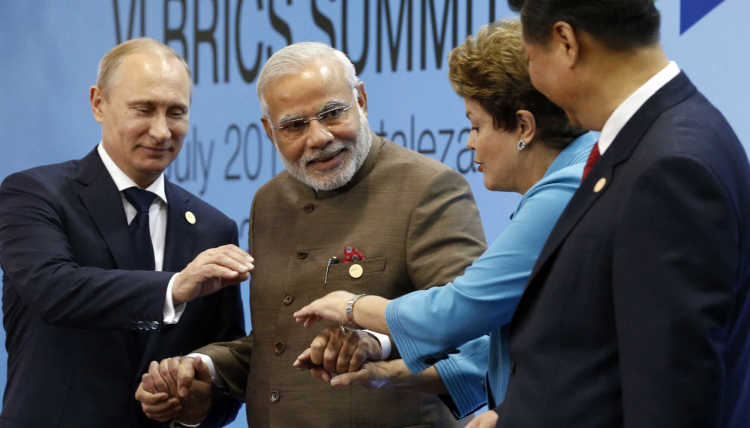- Home
- Media Relations
- India and the World
Publication
India and the World
What geopolitical strategies is India pursuing vis-à-vis its neighbours and Germany, China, and the United States? In the new book Engaging the World, researchers analyse the country’s foreign policy.

Engaging the World, newly published by Oxford University Press and edited by Professor Sumit Ganguly of Indiana University, deals with India’s foreign policy from its independence in 1947 until today. In it, renowned scholars discuss – among other things – India’s geopolitics in South Asia, its relations with the great powers, and its global strategies in the areas of economic, nuclear, and energy policy.
The GIGA has also contributed its expertise: Hannes Ebert, a research fellow at the GIGA Institute for Asian Studies, examines the history of German–Indian relations. Why did the “German question” play a significant role in India’s foreign policy after 1947? What caused the diplomatic standstill in the 1970s? Why was there a rapprochement between the two states at the end of the 1980s? These are just some of the questions he pursues.
Hannes Ebert subsequently describes current German–Indian relations, which continue to be primarily economic. The newest developments, however, have indicated that India wishes to expand its collaboration with Germany to areas such as academics and technology and is aiming for a strategic partnership. The extent to which this will develop ultimately depends on how India and Germany define their roles within the global order.
The book is available for order here.
